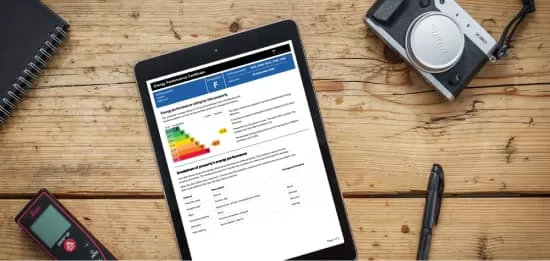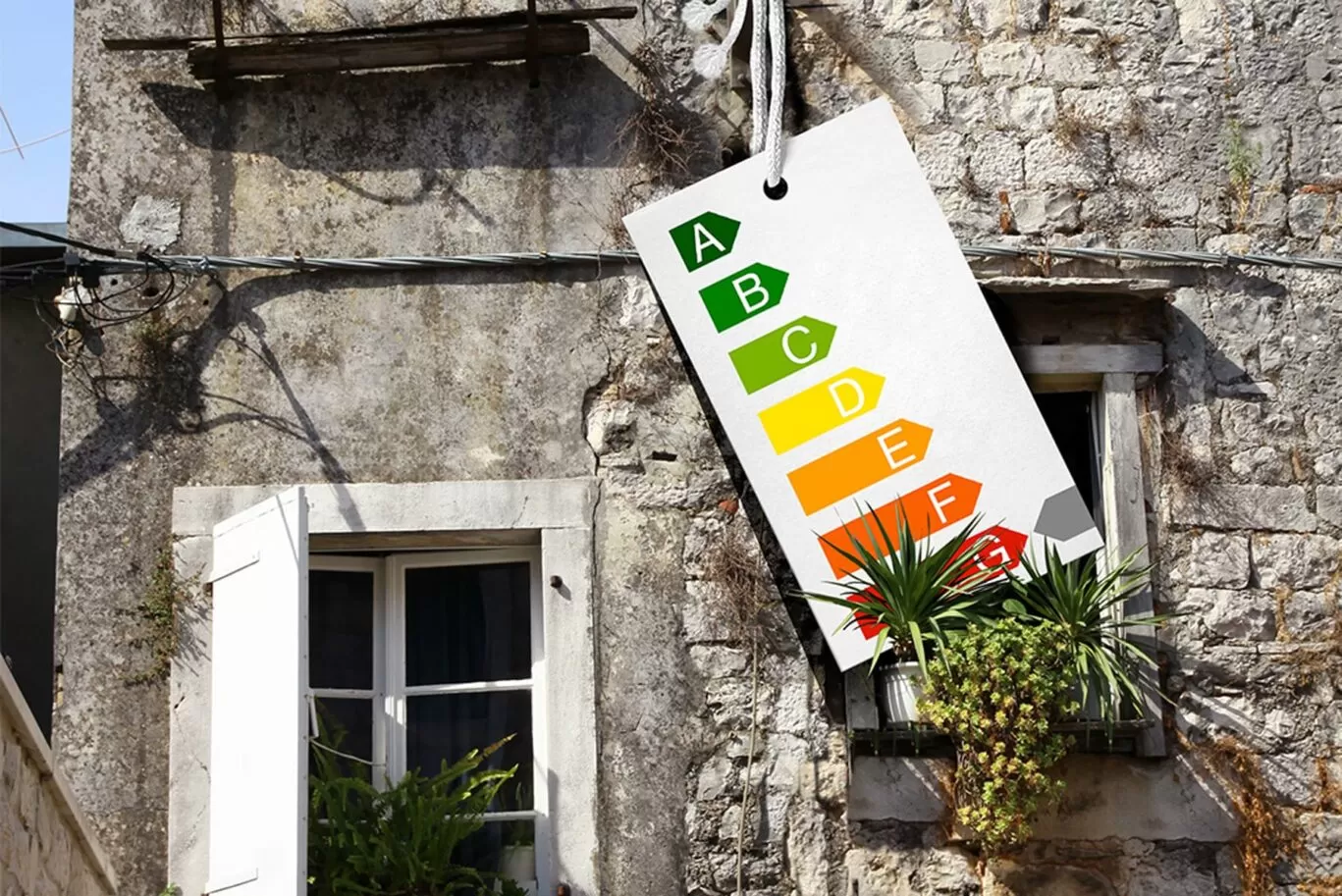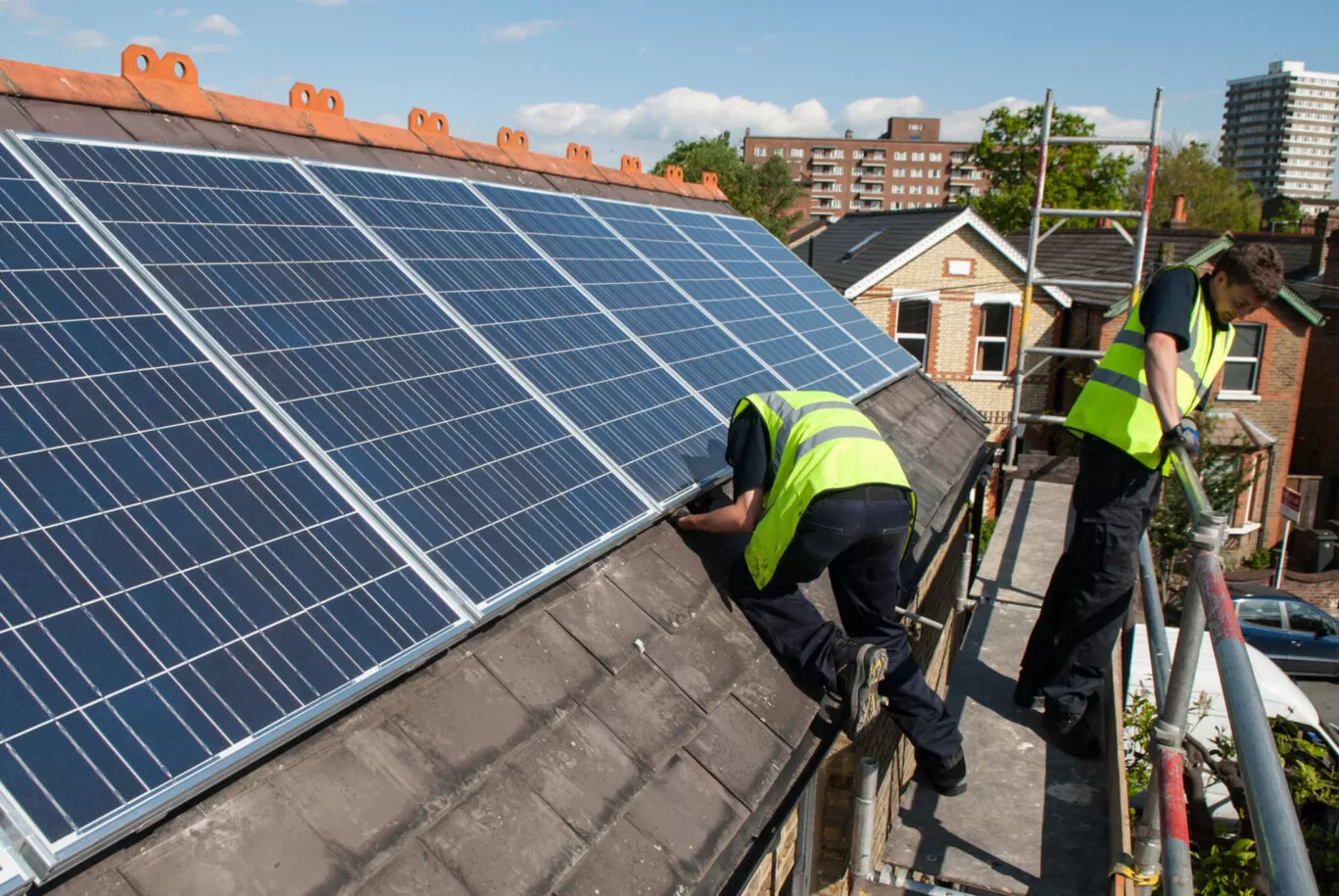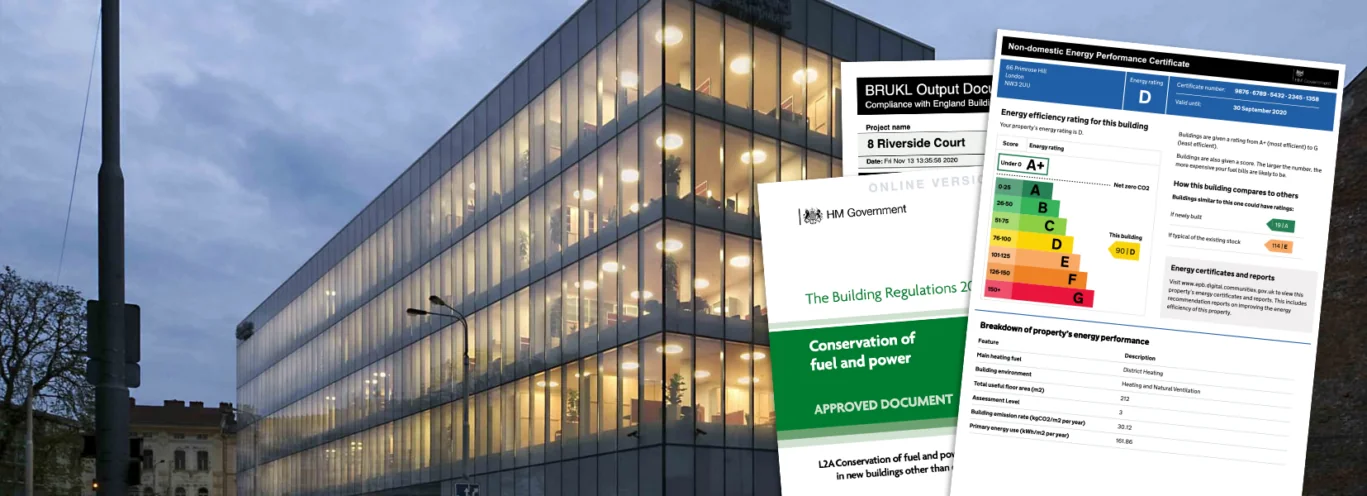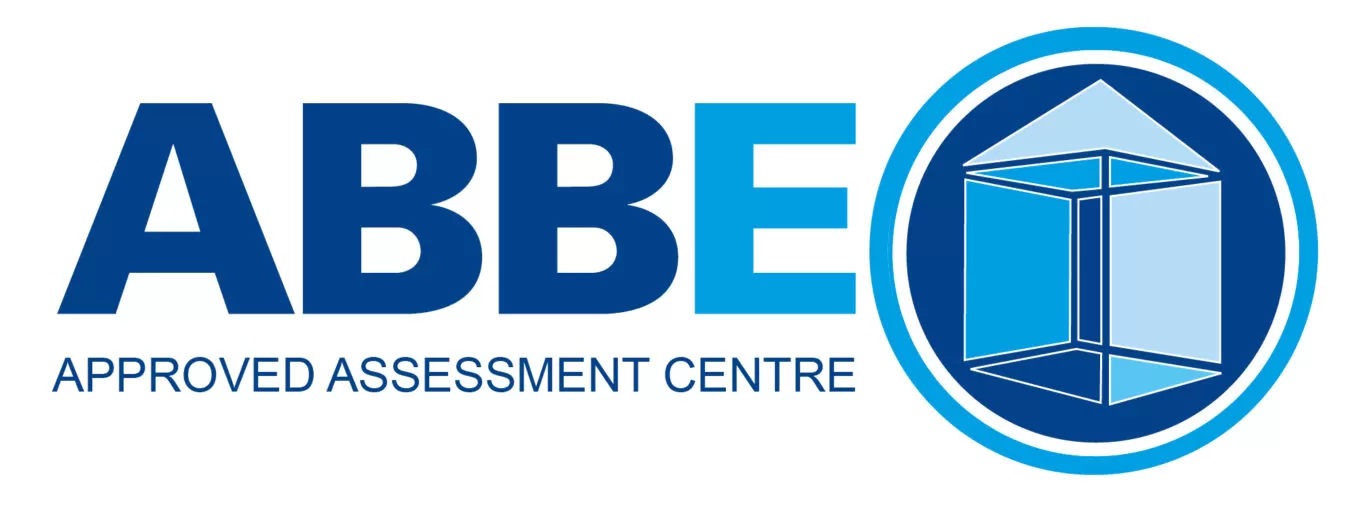Energy Performance Certificates are the primary way we assess the energy performance of houses, they paint a picture of how much it costs to run our homes. A big change is on the horizon for EPCs. The government has agreed to a significant change in fuel prices associated with the running costs and savings shown on Domestic Energy Performance Certificates.
How Have EPC Fuel Costs Changed?
On February 15th, fuel prices for Domestic Energy EPCs will be updated. This will affect all EPCs submitted after that date, including both existing and new build properties. Once this change is enacted, assessments will be more accurate and reliable, as they will reflect the actual costs and prices as they are in reality.
Why Are Changes to EPC Fuel Costs Necessary?
A multitude of factors have led to this being a necessary adjustment. The energy sector has been a changeable industry for many years now, and the events of the last few years have led to significant transformations. The effects of the Covid 19 pandemic, Putin’s weaponisation of fuel, and the energy crisis have caused fuel costs to surge. Thus, EPCs based on older fuel prices have become inaccurate, as they do not represent how much it truly costs to heat a home in the current climate.
What are EPCs?
Energy Performance Certificates offer an insight into how energy-efficient a dwelling is, suggest how it could be improved and tell us how much it costs to run. They are created by a Domestic Energy Assessor, who enters a dwelling, records all the necessary information and uses software to produce the assessment. They then inform the clients of the results and ‘lodge’ the EPC on the live Government database.
The results of the EPC depend upon the information entered by the assessor, and the statistics from other sources such as the SAP Methodology and BRE’s Product Characteristic Database (PCDB). These figures directly impact the rest, thus is it imperative that these figures are correct and kept up-to-date.
Energy Trust has been involved within the energy efficiency industry for over a decade and found its beginnings with Domestic Energy Assessment. They have grown a great deal since then and offer expert training in this and many other areas. Please consider taking one of our professional courses in any one of a number of specialist qualifications. You can book your space online, or call at 0333 012 0002 for more information.

